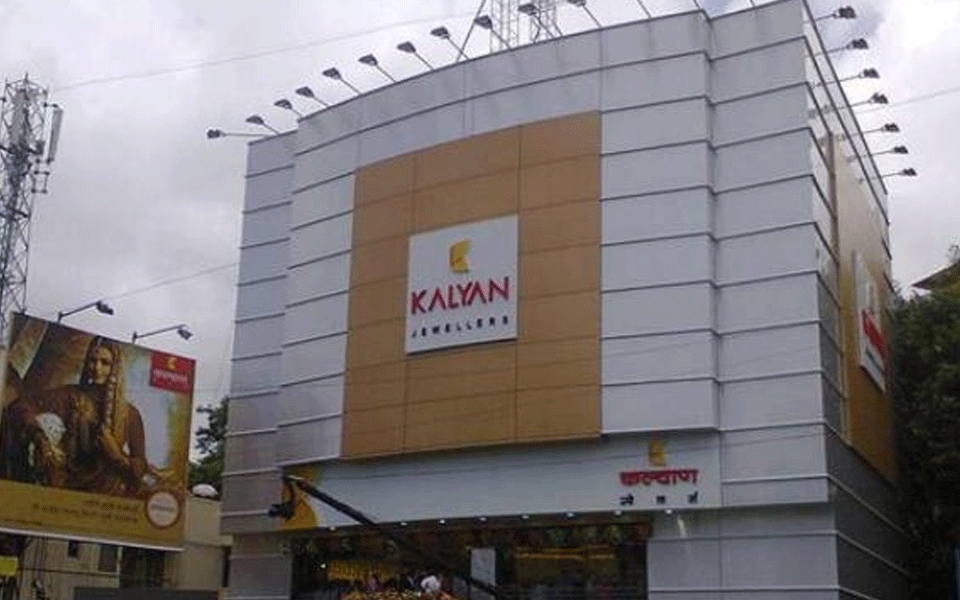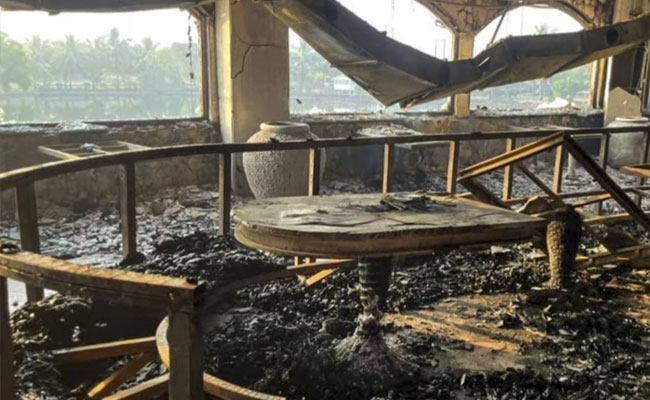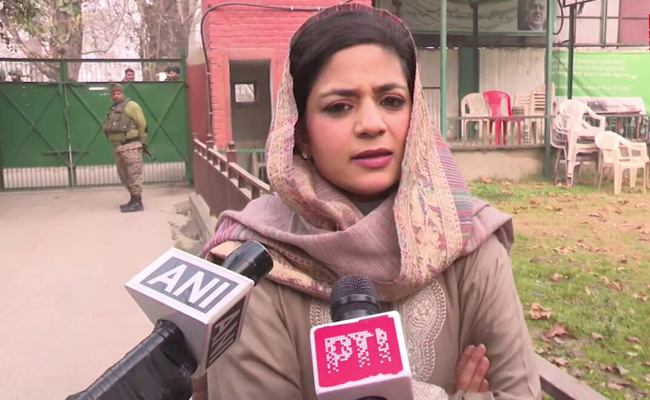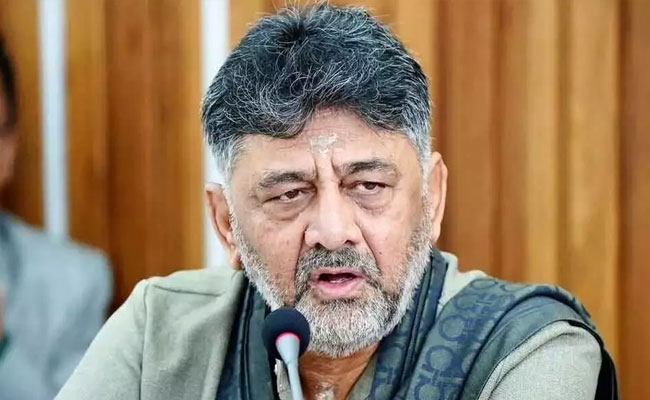Kerala, July 11: Kerala-based Kalyan Jewellers has claimed that fake news on social media led to it suffering a loss of around Rs 500 crore and has moved the Kerala High Court seeking supervision of social media websites.
The jewellery company, in its plea filed in the high court, says that fake videos claiming to show the seizure of counterfeit gold at its showrooms have been shared on social media websites such as YouTube. The fake videos are part of a malicious campaign against Kalyan Jewellers by business rivals, the brand further claims in its petition.
Terming the campaign as defamatory and misleading, Kalyan alleges that it has incurred losses running in to more than Rs 500 crores.
According to the plea, the name and logo of the company have been used in videos to portray what was a routine inspection in one of its Kuwait stores as a raid. The videos have been edited to make it seem like that a Kalyan jeweller showroom was inspected and jewellery from the store seized due to fraudulent practices by the company.
The original footage was of a routine inspection that Kuwaiti officials conduct on all jewellers in the country. They took some jewellery samples from the Kalyan jeweller store as part of their inspection.
This routine inspection has been incorrectly shown as evidence of Kalyan Jewellers selling fake gold and of authorities seizing that fake gold.
The petition has asked for greater control and supervision of social media sites stating that "How can a platform that does not have control over their own sites be allowed to function in India? It appears The Government of India does not have any control over these sites. "
In response, the Kerala High Court has issued a notice calling for the introduction of regulatory mechanisms to curb fake news on social media platforms.
Kalyan Jewellers has been fighting to curb alleged fake accusations made against it for months now. In a post on its official Facebook post, it said that three individuals were arrested by Kerala Police for spreading false information about it.
In March, five Indian expatriates were booked by the Dubai Police on charges of cybercrime and abuse via the internet for spreading false information about the company.
Kalyan Jewellers is a Kerala-based jewellery retailer with more than 120 showrooms in India and the Gulf. The brand has several high profile ambassadors, including Amitabh Bachchan, Katrina Kaif and Nagarjuna.
Courtesy: www.indiatoday.in
Let the Truth be known. If you read VB and like VB, please be a VB Supporter and Help us deliver the Truth to one and all.
Bengaluru (PTI): A five-year-old boy was injured after he was allegedly kicked by a neighbour while playing near his uncle’s house, police said on Friday.
The incident occurred in Thyagarajanagar on December 14.
CCTV footage of the incident showed the child, identified as Neev Jain, playing badminton with other children outside the house when a man approached him from behind and suddenly kicked him.
The impact caused the boy to fall to the ground. The man was then seen casually walking away from the spot without offering any help or showing concern, the footage showed.
Police said a preliminary inquiry revealed that the accused is suffering from a mental health disorder and is undergoing treatment.
According to police, in her complaint, the boy’s mother, Deepika Jain, stated that she had visited her elder brother Manoj’s house on December 14.
At around 1.10 pm, while her son was playing with other children near the house, a resident of the neighbouring house, identified as Ranjan, allegedly kicked the child without provocation.
As a result, the boy fell and sustained bleeding above the eyebrow and abrasions on his hands and legs, she said.
Based on the complaint, a case was registered under Section 115(2) (voluntarily causing hurt) of the Bharatiya Nyaya Sanhita. The accused was arrested and later released, a senior police officer said.
A five-year-old boy was injured after a passerby kicked him while he was playing near his grandmother's house in Bengaluru's Thyagarajanagar.
— IndiaToday (@IndiaToday) December 19, 2025
More details in the video#Bengaluru #Child #Playing #IndiaTodayShorts pic.twitter.com/K8DkVT7AKD





